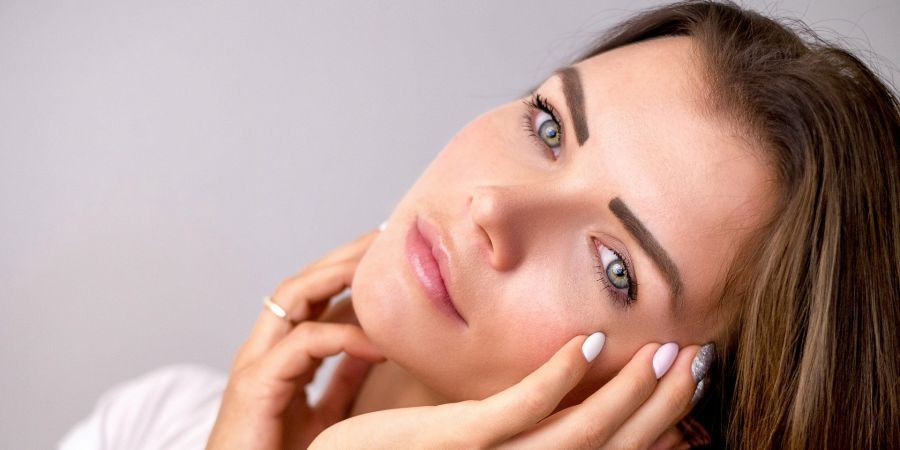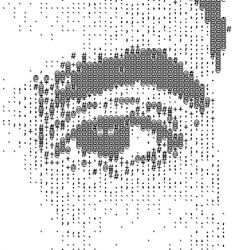

Every year, billions of dollars are spent on cosmetics that promise to remove wrinkles, lighten age spots, and remove itching, flaking, or redness. However, staying out of the heat is the easiest and most cost-effective way to keep the skin safe and youthful-looking. Wrinkles, dryness, and age spots are all caused by exposure to sunlight. Your skin does change when you get older. For example, you can sweat less, resulting in increased dryness. Skin thins and loses weight as it ages, making it appear less plump and smooth. Veins and bones, in particular, become more visible under the surface. When your skin is injured, it can also take longer to heal. Staying out of the sun will significantly postpone these improvements. While nothing can completely reverse sun damage, the skin can often heal itself. As a consequence, it's never too late to shield yourself from the sun's harmful effects. 5 Techniques for Delaying Aging:
1. Dress in protective gear. A wide-brimmed hat provides protection for your neck, ears, eyes, and head. Look for sunglasses that claim they block 99 to 100 percent of the sun's rays on the label. When in the sun, wear loose, lightweight long-sleeved shirts with long trousers or long skirts. 2. Examine the skin on a regular basis. Examine birthmarks, moles, and spots for changes in size, shape, color, or feel. Consult a doctor if you notice any changes that concern you. According to the American Academy of Dermatology, older, fair-skinned people should have a yearly skin check as part of a routine physical test. 3. Stay away from self-tanning lotions. Sunlamps, tanning beds, tanning pills, and tanning cosmetics should all be avoided. Tanning pills contain a color additive that causes the skin to turn orange after use. This color additive has been approved by the FDA for use in food coloring, but not for skin tanning. The high concentration of color additives in tanning pills may be dangerous. Tanning cosmetics are not a sunscreen and will not shield the skin from the sun. 4. Apply sunscreen to your skin. Sunscreens are measured in terms of their effectiveness using a sun protection factor (SPF) that ranges from 2 to 30 or higher. A higher number indicates that the defense will last longer. Choose sunscreens with an SPF of 15 or higher. Look for products that are both wide spectrum (meaning they protect against both UVA and UVB) and water-resistant on the label (meaning they stay on your skin longer, even if you get wet or sweat a lot). It's important to remember to reapply the lotion as needed. 5. Stay out of the heat as much as possible. Between the hours of 10 a.m. and 3 p.m., stay out of the heat. The sun's UV rays are at their peak at this time. Cloudy skies should not be taken for granted. Clouds allow harmful rays to pass through. Since UV radiation can pass through water, don't think you're healthy just because you're in the water.












